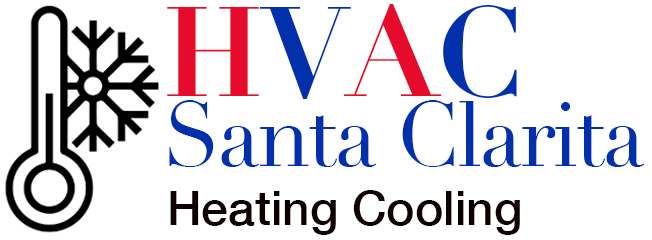How to choose a central AC unit is a crucial query to deal with while shopping for one.
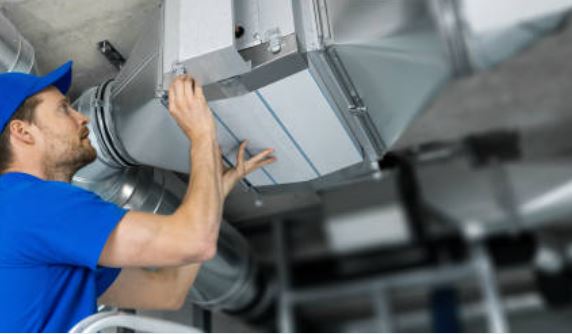
call 661-888-0248
Contact us 24/7 for HVAC services!
You do not want to select an AC that does not suit you; it will have serious consequences.
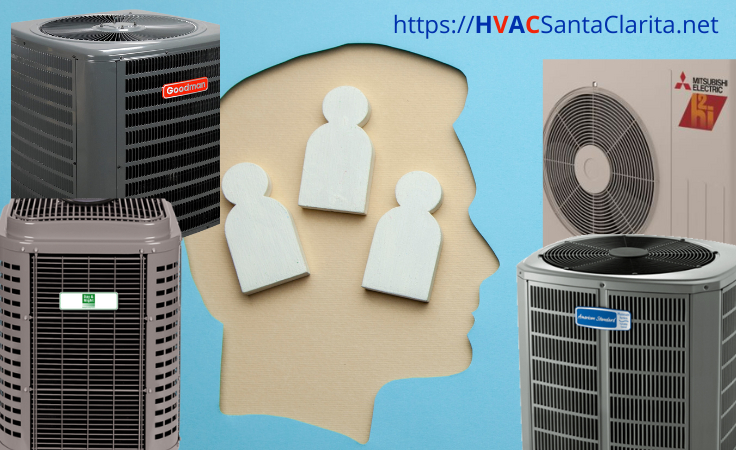
Many homeowners buy central ACs without proper research, and it often ends up in regrets. Yes, this will cost you all through the lifespan of the central AC unit.
You are investing some good money in purchasing a central AC unit. Therefore, you want to ensure you end up with your perfect match.
We have covered you below if you are wondering what the factors to consider when buying a central air conditioner are.
Let’s get going.
Factors to Consider when selecting a Central Air Conditioner
There are a lot of central air conditioner brands, and they come with many variations. Therefore, choosing one that is perfect for you can be a difficult task.
And, you will be spending some good money on your central air conditioner. You do not want your money to go down the drain.
Also, you will most likely stick with it for 15-20 years.
You do not want to stick with the wrong choice for that long. You want something that will serve its purpose efficiently and be worth your money.
These factors will ensure you buy the perfect central AC for you.
How to choose central ac unit: Size and Capacity
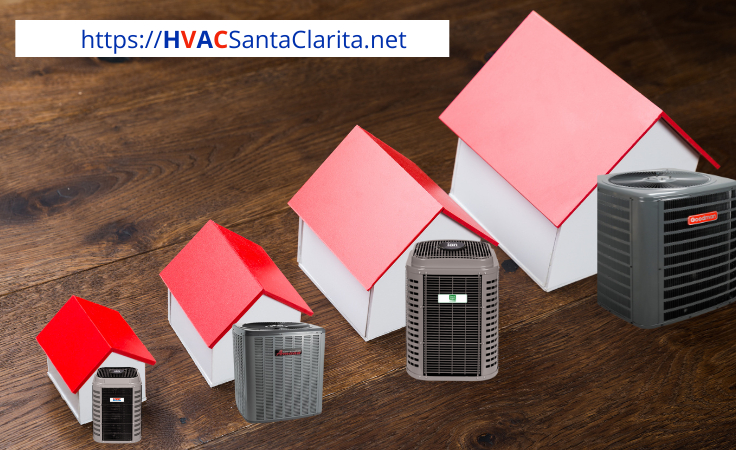
It is critical to choose the right size air conditioner.
An undersized system will not cool your house efficiently. It will also run more frequently, leading to faster wear and tear. With such wear and tear, you will need to fix central air conditioner more often.
On the contrary, an oversized AC will:
- cost you unnecessarily more to buy,
- cost you extra more in monthly bills,
- will zone on and off more than it should, straining the components
The size of an air conditioner is measured in either British thermal units per hour or in tons. 12,000 BTUs are equivalent to one ton. And this size is always in comparison to the size of your house or the region you want to be cooled.
You can look at the Energy Star Website for rough estimates on what will be the appropriate central AC size for your house.
However, we recommend you engage your local HVAC technician to get the correct size. They will do the load calculation for you in accordance with a recognized method.
Other than the size of the house, other factors can also affect the size of the central AC you get.
These include:
- size and number of windows,
- Construction materials,
- The age of your home,
- Airflow and duct size tolerances
- How much sunshine your house gets and where exactly the sun rays strike.
Note: If upgrading your AC, you may want to look at how you have modified your house. Depending on modifications such as insulation and window size, you may have to get a smaller or bigger AC. Do not assume that you still need the same size AC.
Efficiency Rating
The efficiency rating refers to how much cooling your central air conditioning unit can deliver for each watt of electricity.
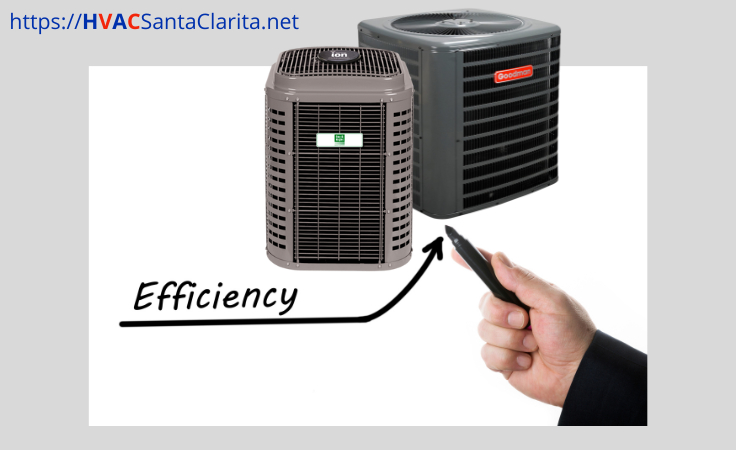
The efficiency of central air conditioners is denoted by the seasonal energy efficiency ratio (SEER). The higher the SEER, the higher the efficiency of the system.
Generally, buying an air conditioner with a high SEER will be expensive. However, the monthly electricity bills will be much lower. In the long run, this pays off.
The minimum allowed SEER rating in the US is 14 (1). You, however, do not want to go lower than 15. The Energy Star Guidelines have a system of not less than 15.
Today, the most efficient models have an efficiency of 26.
Usually, we tell our clients to go for a higher efficiency unit. It will cost more upfront but will be worth it.
However, if you have a lower upfront cost, going for one with a lower SEER rating won’t harm you. But just know that your monthly energy bills will be higher.
Fan Speed
How many speeds does an ideal air conditioning equipment have?
If you are about to buy a new air conditioning system, be sure to keep fan speed in mind.

These three fan speeds are what you can choose from:
- Single stage condensers: We consider these entry levels in a cooling system. They are either off or on in full blast. There is no in-between setting. This makes it energy inefficient. Also, it switches on and off frequently, consuming more energy in the process.
- Dual stage condensers: These operate in two modes, one full blast mode and one that is between 60-70%. The mode will depend on the weather outside. This makes it more energy efficient than a single-stage condenser. It also does not switch on and off frequently. Remember switching on and off consumes more energy than a running system.
- Variable speed condensers: These systems run all day long, thanks to their over 700 fan speeds. They offer you the most energy efficiency as they do not switch on and off to try and give you desired temperature.
Note: You need a matched system for your variable system to work effectively. A matched system is where all parts of your air conditioner are from the same manufacturer and designed to work together.
A variable system will be more expensive to buy than the other two but will save you much more on energy costs. The same applies to the dual-stage vs. single stage. The dual stage is an upgrade from the single stage.
Types of Central Air: Split vs. Packaged Central Air System
When choosing a central air, you want to determine which type suits you.
We look at the two types of central air below:
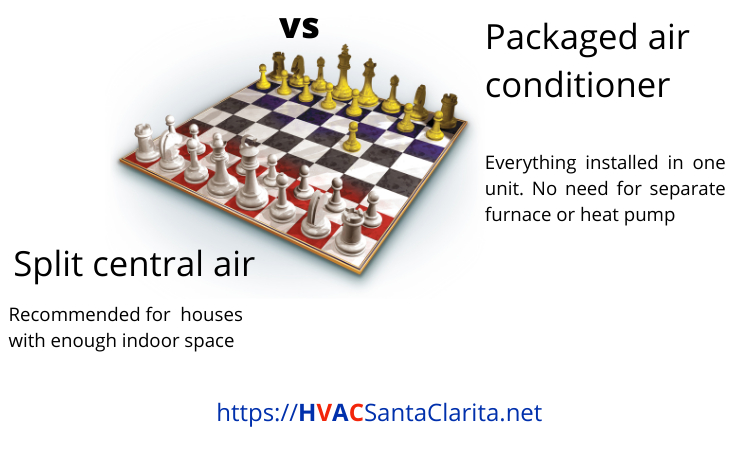
- Split central air conditioner: the refrigerant circulates between an indoor air handler and an outdoor condensing unit. The heat is then absorbed from the outside and released into the surrounding. You can integrate the air handling unit and the furnace for higher economic purposes. We recommend split AC systems for people with enough indoor space to cater to the indoor evaporator coil.
- Packaged air conditioner: A packaged system has air everything installed in one unit, usually installed outside the home. Warm air is transferred from the house to the unit outside the house. The heat is released off to the exterior. The cooled air is then pumped back indoors. These systems come with a natural gas furnace or heating coils. You, therefore, won’t need a separate furnace or heat pump.
Noise
One thing we are sure of is you do not want a noisy central air conditioning system. Yes, some brands are noisy, and some are quieter.

Typically, while running, central air conditioners make some noise. The goal is to,therefore, find a quieter one whose noise can easily fade into the background as white noise.
Look out for a product’s different speeds and noise levels before you buy it. Manufacturers reveal the noise level in decibels. Highly consider those that produce the lowest decibels.
Tip: A variable speed air conditioning unit is often quieter because they do not have to run on high all the time. Also, some fan blades have a noise-reducing feature. Take advantage of these if you are looking for the quietest option possible.
Impact on Environment
It is no secret, for many people, what they are looking for from a central air conditioner is value for their money and efficiency.
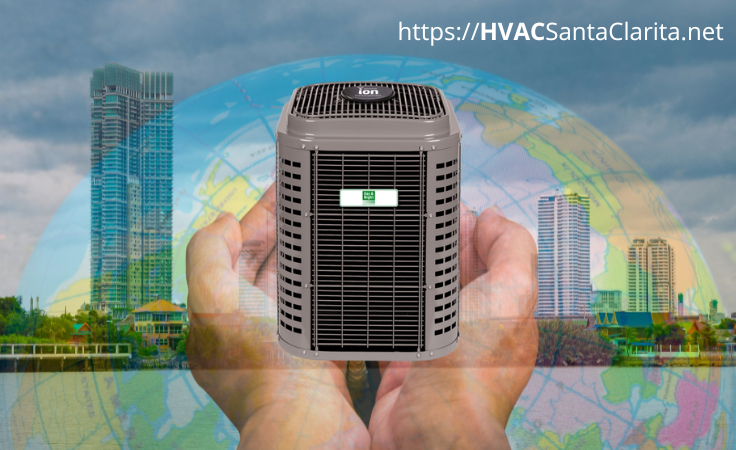
However, how does your air conditioner impact the environment? Your choice can show the environment some love or destroy it even further.
First, a high SEER rating air conditioner is not just about you saving on monthly energy bills. It is also a step towards conserving the environment.
Also, how much power your system consumes translates to how much carbon dioxide and sulfur dioxide power plants produce.
Check this information with the manufacturer. We recommend you make a green decision while getting your air conditioning units.
Cost
This is an important factor people look at while buying everything, not just an air conditioning unit.
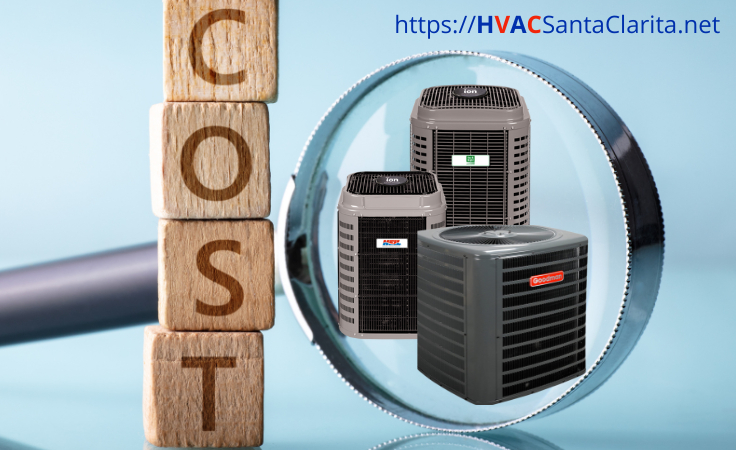
You may want to go higher cost-wise and get a highly efficient system.
However, we often advise our clients to read reviews of air conditioning units and see if they match the cost they are getting it for.
Remember: bigger systems typically come with higher installation costs.
Central AC Warranties
This is key to ensuring your central air conditioner lasts for longer.
Before buying an air conditioner, you want to read their warranty terms and ensure you understand them well.
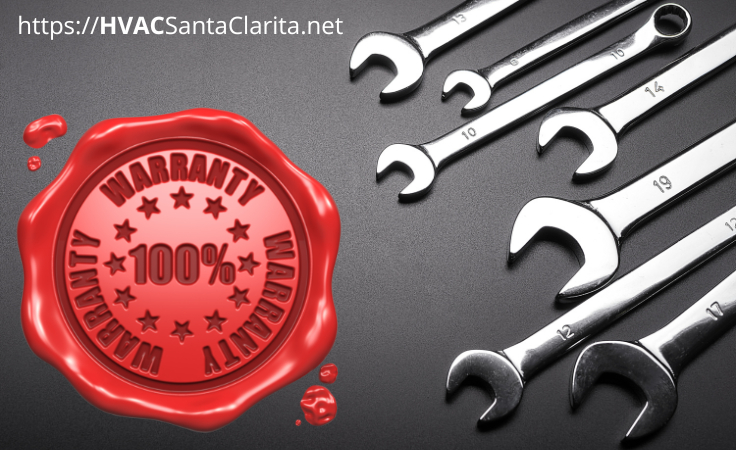
Warranties may come with strict terms and warranties, which you want to look at keenly.
Remember that the air conditioning warranties vary significantly from one manufacturer to another.
Some companies may cover all parts, while others cover just specific parts. Some may even cover labor costs.
The period of the warranty also varies from one manufacturer to the other.
If you land a good deal, you may receive free repairs and replacements for a year or even two.
Some come with a limited lifetime warranty. They will cover some parts of the air conditioners for as long as you live in the house.
Other Energy Saving Feature to Consider
The cooled air can be expensive. This is why we strongly recommend a high SEER rating for your air conditioners.
However, other features may help you conserve more energy. Look for these features in a central air conditioner for your home:
- Inverter technology: this feature allows the AC to adjust the power draw and output depending on the temperature outside. This way, your AC will not always be on full blast. This is a sure way to enjoy lower utility costs and a longer life span.
- Larger coils: these are good for efficient heat transfer.
- the automatic delay fan switch: after your system turns off, there will still be some cooled air trapped in the ductworks. This will typically go to a waste if you do not have an automatic delay fan switch. If you have it, it will push the cooled air outside the ducts, to where it can be felt after the system turns off.
Central Air Conditioner Installation
Buying a central air conditioner is one thing, and installing it is another. we know “how to choose central ac unit” is the issue here. However, after you select one, what next?

We recommend you leave the central AC installation process to licensed HVAC professionals. Yes, you may be the best DIYer, but you can mess up big time with air conditioning installation.
Don’t get us wrong; you can do it; people have done it successfully. However, many others have messed up their new central air conditioner and warranties. Remember, some warranties will only cover you if a licensed HVAC technician does the installation.
Therefore, if you have no experience with air conditioners, you are better off leaving the installation work to an experienced technician.
How to choose central ac unit Frequently asked questions
Below, we answer some FAQs on how to choose central ac unit to help you purchase the perfect air conditioner.
What happens if I buy an oversize AC unit?
The following are the downsides of installing an oversized AC:
- high installation costs,
- AC is not running long enough,
- AC frequently zoning on and off,
- Huge temperature swings.
- Not enough dehumidification.
What happens if I buy an undersized AC unit?
These are the downside of an undersized AC:
- the unit constantly running leading to quicker wear and tear,
- higher energy costs,
- shortens the lifespan of equipment,
- The unit will not provide enough cooling.
What size of central AC unit do I need?
This will depend significantly on the size of your house and other factors, such as how well your house is insulated.
However, you need 20 BTU for every square house meter to get a rough estimate.
How do I choose a central air unit?
There are many factors to consider when shopping for a central AC. However, the most vital are:
- size and capacity,
- SEER ratings,
- the fan speed of your unit.
What is the most reliable air conditioner brand?
The most reliable brand will depend on your needs. One size cannot fit everyone. However, if we were to recommend, our top picks of the best central air conditioner brands would be:
- Mitsubishi,
- Day & Night,
- Goodman.
What is a good SEER rating for an air conditioner?
First, you cannot get anything below 14 in the US. Therefore, anything from 15 should be okay.
However, we recommend you go higher and get 18 and above if your budget allows. The high energy efficiency this will come with will be 100% worth the investment.
Final Thoughts on How to choose central ac unit
We are wrapping it up for tips of how to choose AC unit. At this point, we do not doubt that you will select the best central air conditioner for your home. We are assured that you know what features are a must-have and what features you can compromise on.
If you have doubts, please consult with your local heating, ventilation and air conditioning technician. It is safer and more practical this way.
Call Santa Clarita Air Conditioning Service, to learn more.

call 661-888-0248
Contact us 24/7 for HVAC services!
Also, read
Portable AC vs Central AC Power Consumption>>>
Ductless Mini Split vs Central Air >>>
Ductless AC >>>
Our Address is
HVAC Santa Clarita
26893 Bouquet Canyon Rd
Santa Clarita CA 91350
Opening hours
Monday 8 am – 8 pm
Tuesday 8 am – 8 pm
Wednesday 8 am – 8 pm
Thursday 8 am – 8 pm
Friday 8 am – 8 pm
Saturday 8 am – 8 pm
Sunday 9 am – 5 pm
Sources
https://www.consumerreports.org/cro/central-air-conditioning/buying-guide/index.htm
